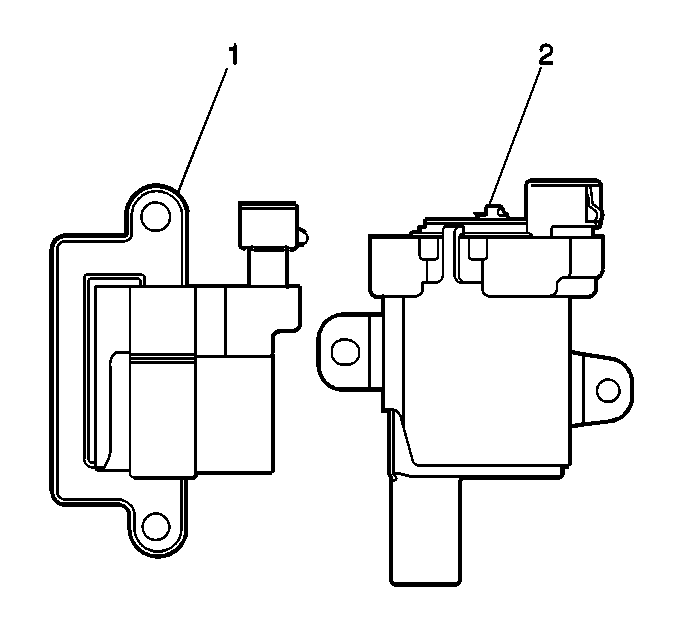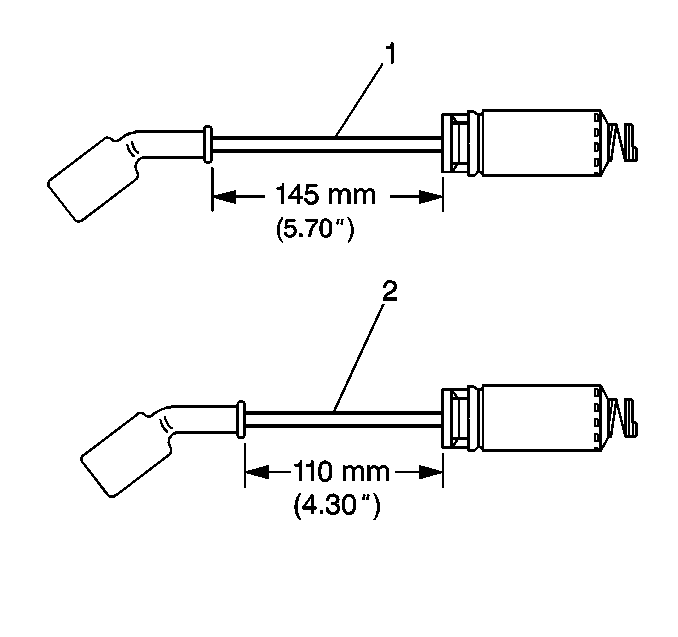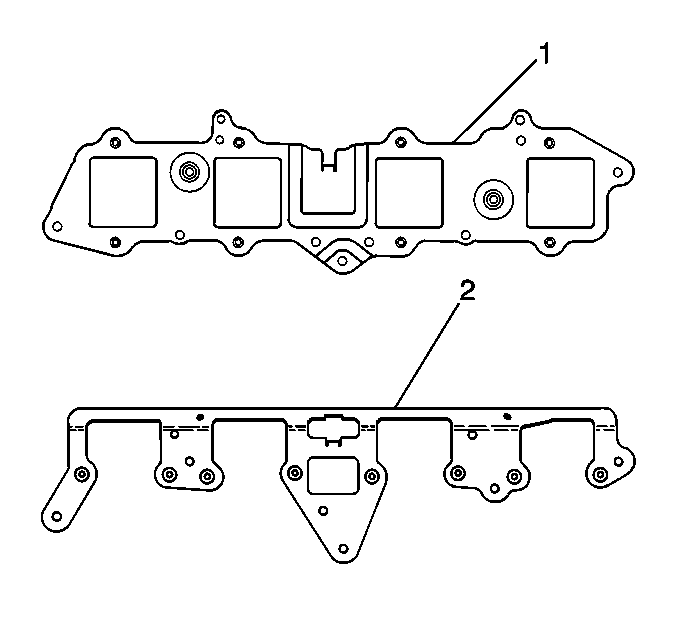Ignition System Description Coil Ignition
Ignition System Description
This system uses a separate coil for each engine cylinder. This provides
for maximum spark energy availability for higher winding engines. At 10,000 RPM
on a 4-cylinder engine, there is only 0.030 seconds per spark available.
The coil only has a micro amount of time to build up energy and to dissipate
the energy which is equally important. Timing and dwell are controlled by
the vehicle's engine controller.
The coil at the plug ignition is an electronic engine-sensing
and spark control system that operates electronically, not mechanically. Like
direct ignition system (DIS), the systemhas no moving parts and does not
require a timing adjustments.
The package includes .
| • | Coil for each cylinder. |
| • | Dose not require timing adjustment. |
| • | Package includes a coil for each cylinder. |
| • | Electronic coil driver for each coil. |
| • | Driver mounted directly on the coil. |
| • | Crankshaft position sensors. |
| • | Camshaft position sensor. |
Highest efficiency and lowest electromagnetic radiation
is attained by mounting the coils in close proximity to the spark plugs. Unlike
the DIS, waste spark is eliminated because of the coil per cylinder concept.
Eliminating the waste spark along with high efficiency spark plugs results
in 3 times higher energy delivered to the cylinder combustible mixture while
drawing the same power from the vehicle's electrical system. Higher energy
delivered results in cleaner and more consistent combustion needed for meeting
the OBD II system requirements. CPC systems are known as up integrated because
the systems are totally dependent on the engine controller for timing information.
Sensor information is sent directly to the engine controller which results
in an ignition system that is functioning before the engine rotates 180 degrees
due to the CPC system architecture.
Highlights
- Reduced RFI emissions
- Full encapsulated composite iron core
- Programmable energy capable
- Ramp and fire dwell capable
- Efficient energy delivery
- Internal overdwell protection (current trip)
Ignition Coil

There are 2 different
manufacturers for the ignition
coils, Melco ® (1) (square design), and Delphi ® (2) (round design).
These 2 coils use 2 different spark plug wire, and mounting brackets.
Spark Plug Wire Length

- The Melco ® (1) (square
design) uses a spark
plug wire that is 145 mm length cable seal to cable seal.
- The Delphi ® (2) (round design) uses a spark plug wire that
is 110 mm length cable seal to cable seal.
Mounting Bracket

- Melco ® (1) (square
design).
- Delphi ® (2) (round design).
Ignition System Description Distributor Ignition HVS
Distributor Ignition (DI)
Notice: The distributor used with the OBD II ignition system is located in a
fixed, non-adjustable position. Do not adjust the engine base timing by rotating
this distributor. Otherwise, crossfiring and damage to the distributor will
result.
These ignition systems consist of a distributor with the
following components:
| • | Camshaft position (CMP) sensor |
| • | Separate ignition coil with sealed connectors |
| • | Secondary ignition wires |
| • | Crankshaft position (CKP) sensor |
The ignition system is controlled by the Vehicle Control Module (VCM).
The VCM monitors information from various engine sensors. The VCM computes
the desired spark advance timing, and controls the dwell. The VCM also controls
the firing of the ignition coil via an ignition control line to the coil
driver. For more detailed information, refer to Engine Controls.



